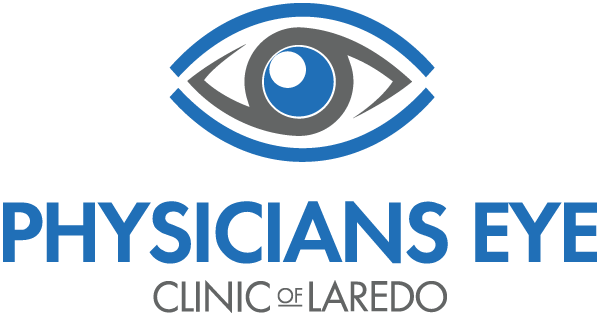Glaucoma Eye Care & Management
Protect & Preserve Your Vision with Advanced Glaucoma Treatment

Glaucoma is a complex eye condition often referred to as the “silent thief of sight” because it can develop without early warning signs. Left unmanaged, it can lead to gradual vision loss over time. At our practice, we offer comprehensive glaucoma care—from thorough diagnostics and medical management to advanced surgical options like Minimally Invasive Glaucoma Surgery (MIGS). Our goal is to protect your vision and help you maintain a high quality of life.
Understanding Glaucoma
What It Is
Glaucoma typically involves an increase in intraocular pressure (IOP) that damages the optic nerve. However, normal-tension glaucoma can occur even when IOP isn’t elevated.
Who’s at Risk
While anyone can develop glaucoma, the risks are higher if you’re over 60, have a family history of the disease, or have conditions like diabetes or high blood pressure.
Signs & Symptoms
- Gradual loss of peripheral (side) vision
- Blurred vision or halos around lights
- Eye pain or redness (in acute cases)
- Headaches and eye strain
Because these signs can be subtle or absent in early stages, regular eye exams are crucial for early detection.
Our Approach to Glaucoma Management
Thorough Diagnostics
- Optical Coherence Tomography (OCT) for detailed retinal and optic nerve imaging
- Visual Field Testing to detect changes in peripheral vision
- Fundus Photography to document and track optic nerve health over time
Medical Management
- Prescription eye drops or oral medications to control IOP
- Emphasis on strict adherence to your medication regimen for the best outcomes
Advanced Surgical Options
- MIGS (Minimally Invasive Glaucoma Surgery): Smaller incisions, faster recovery, and a lower risk profile
- Additional surgical procedures when more extensive intervention is necessary
Regular Follow-Up Visits
- Many glaucoma patients need check-ups every 3–6 months (sometimes more frequently).
- These appointments help us monitor your IOP, evaluate any changes, and adjust your treatment plan as needed.
Lifestyle & Systemic Health
- Maintaining a balanced diet and routine exercise can support overall well-being (though not a replacement for medical therapy).
- Keeping conditions like high blood pressure or diabetes in check can also help stabilize IOP.
Ready to Protect Your Vision?
Early detection is key to successful glaucoma management. If you’re due for an exam—or if you’ve noticed any changes in your vision—don’t wait to act.
